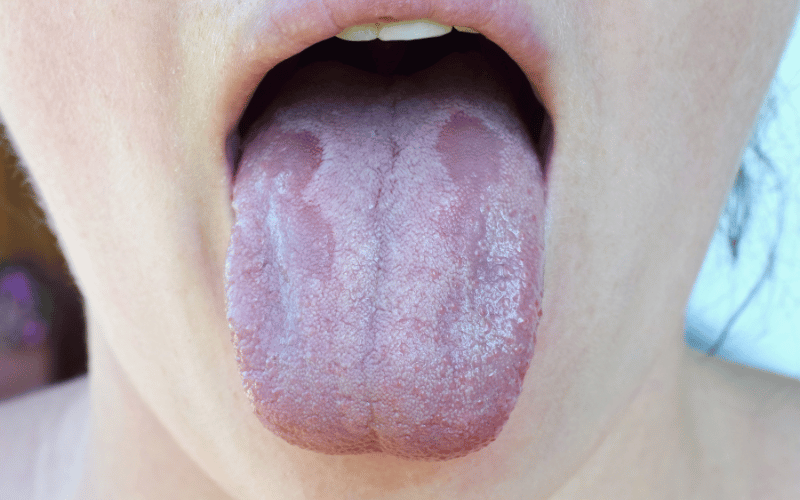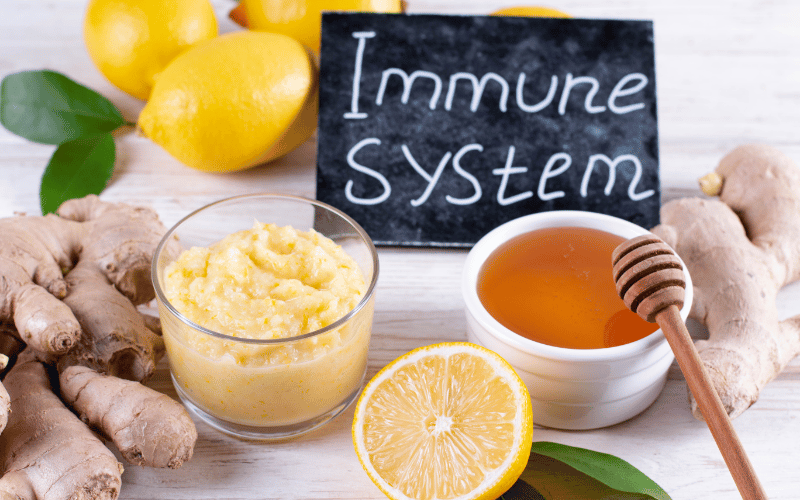Introduction: A Deep Dive into Oral Candidiasis
Oral thrush, commonly known as oral candidiasis, is not just a fleeting concern or a mere inconvenience. This condition affects a broad spectrum of individuals, from newborn babies to the elderly. Marked by creamy white patches on the tongue, inner cheeks, and sometimes on the roof of the mouth, tonsils, and back of the throat, it’s more than just a cosmetic annoyance. When touched or scraped, these patches can bleed, causing discomfort or even pain. In more severe cases, the infection can spread down into the esophagus, leading to difficulty swallowing.

But what causes these white patches to emerge in the first place? What internal or external factors could make a person prone to this fungal overgrowth? Many believe it’s just a matter of poor oral hygiene, but the reality is far more complex. Candida, the fungus responsible for oral thrush, is present in our mouths naturally and only causes problems when it starts to grow uncontrollably. This overgrowth, in turn, can be attributed to a wide array of factors.
Understanding these factors, being able to identify them in our lives, and taking preventive or corrective actions can make all the difference. This article aims to shed light on the top ten causes of oral thrush, delving into each one’s specifics and highlighting ways to mitigate them. Equipped with this knowledge, you can not only address the condition itself but also prevent its recurrence in the future.
Cause 1: Weakened Immune System

A strong immune system is our primary defense against myriad invaders that threaten our health daily. Candida, the fungus responsible for oral thrush, is omnipresent in many individuals’ mouths without causing harm. But when the immune system is weakened or compromised, it provides an opportunity for Candida to flourish.
Factors like serious illnesses, particularly HIV/AIDS, can severely impact the immune system’s efficacy. Another significant factor is chemotherapy, commonly used to treat cancers. This treatment is aggressive, targeting not just cancer cells but also inadvertently weakening the immune system.
Moreover, medications specifically designed to suppress the immune system, such as those taken by organ transplant recipients to prevent rejection, can create an environment where Candida thrives. When there is a significant decline in the body’s natural defense mechanisms, oral thrush’s manifestation becomes more likely.
Regular medical check-ups, understanding your medications and their implications, and maintaining a healthy lifestyle can counterbalance the impact on the immune system. In conclusion, while a weakened immune system can be a significant cause of oral thrush, awareness and proactive health management can reduce risks.(1)